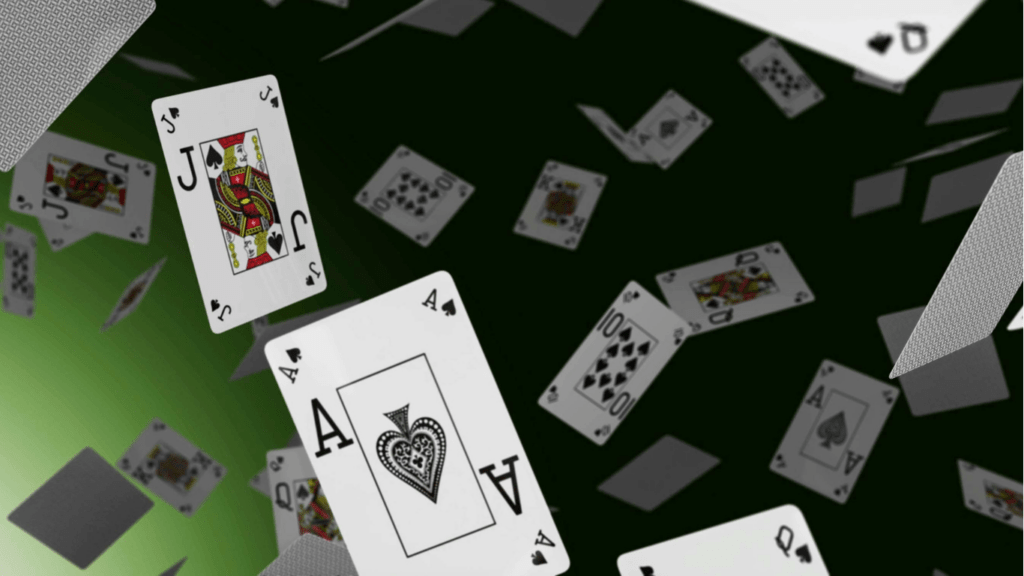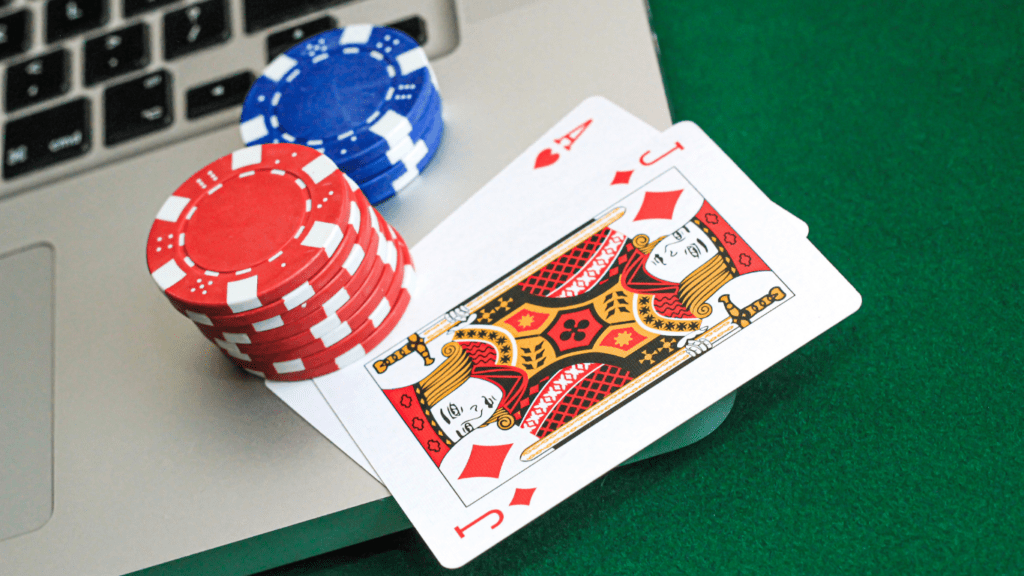Understanding Blackjack Basics
Blackjack, at its core, requires understanding certain key principles. Each player competes against the dealer instead of other players. The primary goal is accumulating cards with a total value closer to 21 than the dealer without exceeding 21.
Card Values
Each card has a specific value. Numbered cards retain their face value, face cards (King, Queen, Jack) count as 10, and Aces can be either 1 or 11, depending on which benefits the hand.
Game Setup
The game begins with each player receiving two cards face up. The dealer also receives two cards, typically one face up and one face down. This face-down card is known as the “hole card.”
Player Options
Players decide their actions based on their hand and the dealer’s visible card. The primary options are:
- Hit: Request an additional card. This continues until the player chooses to stand or exceeds 21 (busts).
- Stand: Choose not to take any more cards.
- Double Down: Double the initial bet and receive exactly one more card.
- Split: If the first two cards have the same value, players can split them into two separate hands, each with its own bet.
Dealer’s Play
The dealer reveals the hole card after all players complete their actions. Dealers must continue drawing cards until their hand totals at least 17. They must stand on 17 or higher.
Winning Conditions
A player wins if their hand’s value is closer to 21 than the dealer’s without exceeding 21, or if the dealer busts by exceeding 21. A tie, known as a “push,” results in no loss or gain for the player.
Having a solid grasp of these fundamentals forms the foundation for developing advanced betting strategies.
Card Counting Techniques
Card counting techniques can tip the odds in a player’s favor by tracking the ratio of high to low cards left in the deck. These methods can help make more informed betting decisions to maximize winnings.
Hi-Lo System
The Hi-Lo system is the most common card counting technique. Each card is assigned a value: 2 through 6 are +1, 7 through 9 are 0, and 10 through Ace are -1. By keeping a running count based on these values, a player can evaluate their advantage or disadvantage. When the count is positive, the deck favors the player, and higher bets are optimal. If the count is negative, the deck favors the dealer, and smaller bets are advisable.
Omega II System
The Omega II system is more complex but offers greater precision. In this system, cards are assigned the following values: 2, 3, and 7 are +1, 4, 5, and 6 are +2, 9 is -1, and all 10, face cards, and Aces are -2. By maintaining a running count, players gauge the card distribution more accurately than with the Hi-Lo system. This advanced technique demands more practice and meticulous attention, but can lead to better-informed betting decisions in the long run.
Betting Systems
In Blackjack, using structured betting systems can impact your success. Below, I detail two popular strategies: the Martingale System and the Paroli System.
Martingale System
The Martingale System involves doubling your bet after every loss. This strategy banks on recovering previous losses with a win, returning to the initial bet after a win. For example, if I bet $10 and lose, I bet $20 next. If I lose again, my next bet is $40, continuing until I win. This method requires a significant bankroll since prolonged losing streaks can get expensive.
Paroli System
The Paroli System focuses on capitalizing on winning streaks. I double my bet after each win, starting with the base bet again after three consecutive wins or a loss. For example, if I start with $10 and win, my next bet is $20. If I win again, the next bet is $40. After three wins, I reset to $10. This method aims to maximize gains during winning streaks while minimizing losses.
Advanced Strategies
Advanced Blackjack strategies can further improve your odds and increase potential winnings. Here are two sophisticated methods worth mastering.
Shuffle Tracking
Shuffle tracking involves monitoring sections of cards through the shuffle process. Players remember groups of high or low cards and follow them after the shuffle. When these tracked cards reappear, one can adjust bets accordingly. This strategy requires acute observational skills and extensive practice. Shuffle tracking is especially effective in multi-deck games where shuffling is less frequent.
Ace Sequencing
Ace sequencing focuses on identifying and predicting the positions of aces within a deck. By observing and memorizing sequences leading up to an ace, players can make larger bets when an ace is likely to appear. This method combines card tracking skills with precise betting moves. Ace sequencing is complex and demands significant practice and concentration. It provides an edge, particularly in single or double-deck games where card patterns are easier to discern.
Managing Your Bankroll

Managing your bankroll is critical in Blackjack. Maintaining discipline helps avoid significant losses and extends playing time. Here are some strategies:
Set a Budget
Determine a fixed budget before starting. This amount should be what you can afford to lose without impacting your finances. For instance, if I set my budget at $500, I don’t exceed it regardless of wins or losses.
Use Betting Units
Divide your total bankroll into smaller units. If my budget is $500, I could split it into 50 units of $10 each. Betting in units helps control spending and maintain consistency.
Apply Betting Limits
Set minimum and maximum bet limits within your budget. For example, I might decide my bets range between 1-5 units. This prevents high-risk behavior and safeguards resources.
Avoid Chasing Losses
Stick to your strategy even when losing. Chasing losses typically leads to greater losses. I focus on maintaining my plan without deviating to recover losses quickly.
Monitor Your Wins and Losses
Keep track of game outcomes. Monitoring helps evaluate performance and adjust strategies. I use a simple ledger or app to log each session’s bets, wins, and losses.
Take Regular Breaks
A break helps refresh your mind. Extended play without rest clouds judgment. I ensure to pause after significant wins or losses to reassess my strategy.
Know When to Walk Away
Recognize when it’s time to stop. Setting a win goal or loss limit helps in this regard. If I achieve my targeted profit or hit my loss limit, I exit the game.
Table of Tips for Quick Reference:
| Strategy | Example |
|---|---|
| Set a Budget | Fixed $500 budget |
| Use Betting Units | Divide $500 into 50 units of $10 |
| Apply Betting Limits | Bets between 1-5 units |
| Avoid Chasing Losses | Maintain strategy without deviating |
| Monitor Wins and Losses | Log each session’s outcomes |
| Take Regular Breaks | Pause after significant wins/losses |
| Know When to Walk Away | Stop after reaching profit/loss targets |
Managing a bankroll efficiently directly influences a Blackjack player’s long-term success. Applying these practical strategies ensures a disciplined approach to smart betting.
Common Mistakes to Avoid
Ignoring Basic Strategy
Not following basic strategy leads to suboptimal decisions. Basic strategy tables, available in most casinos and online, show the best moves for every hand combination. When players ignore these tables, they often increase the house edge.
Chasing Losses
Trying to recover losses by increasing bets usually results in bigger losses. Blackjack’s outcome is uncertain, and chasing losses disrupts disciplined betting strategies.
Betting Too Much on One Hand
Placing large bets on single hands risks significant bankroll depletion. Using consistent, smaller bets helps manage losses and extend gaming sessions.
Playing Without a Budget
Entering a casino without a budget often leads to overspending. Setting a specific budget before playing aids in preventing impulsive spending habits.
Misunderstanding Betting Systems
Misapplying betting systems like Martingale often results from misunderstanding their mechanics. Systems like Martingale suggest doubling bets after losses, which can quickly exhaust a bankroll.
Emotional Betting
Letting emotions influence betting decisions can lead to irrational choices. Staying calm and sticking to a pre-set strategy fosters more rational gameplay.
Ignoring Table Rules and Payouts
Not paying attention to table rules and payouts leads to missed opportunities or unnecessary risks. Understanding specific table rules ensures better, informed decisions.
Overestimating Card Counting Skills
Many overestimate their card counting abilities after minimal practice. Effective card counting requires extensive practice and often isn’t feasible in many casino settings.
Skipping Breaks
Failing to take breaks leads to fatigue, affecting decision-making ability. Regular breaks refresh concentration and improve overall gameplay.
Playing Under the Influence
Consuming alcohol or drugs impairs judgment and focus. Staying sober allows for better decision-making and adherence to strategy.



